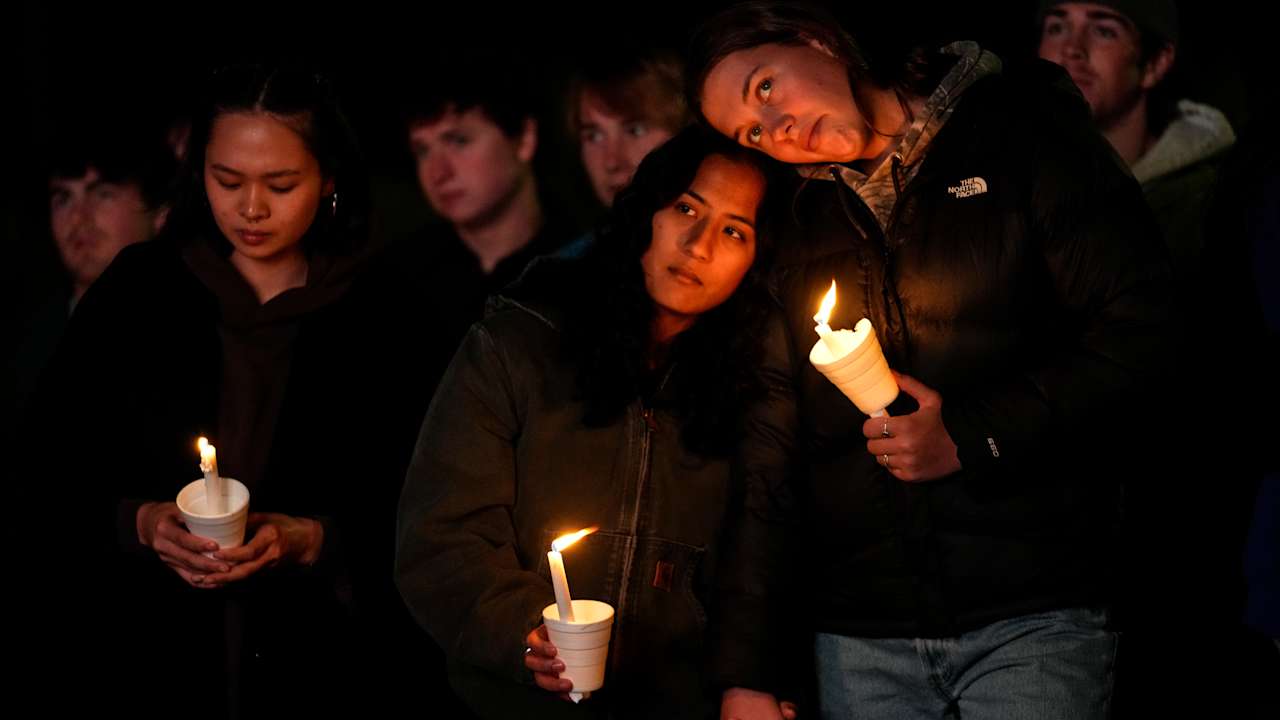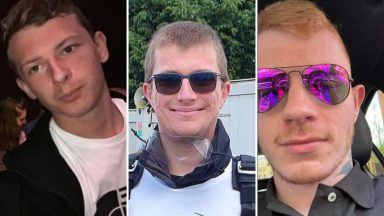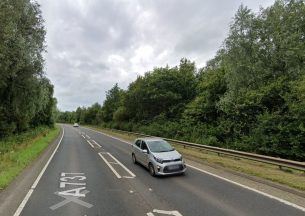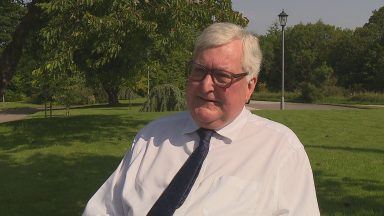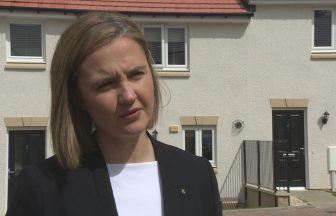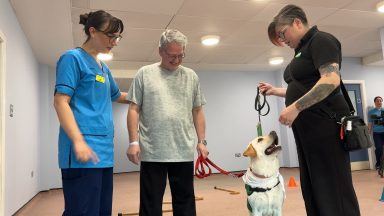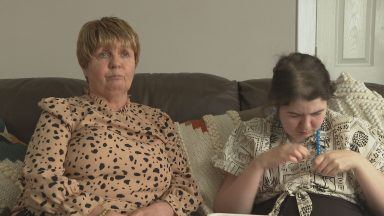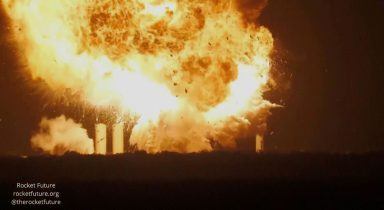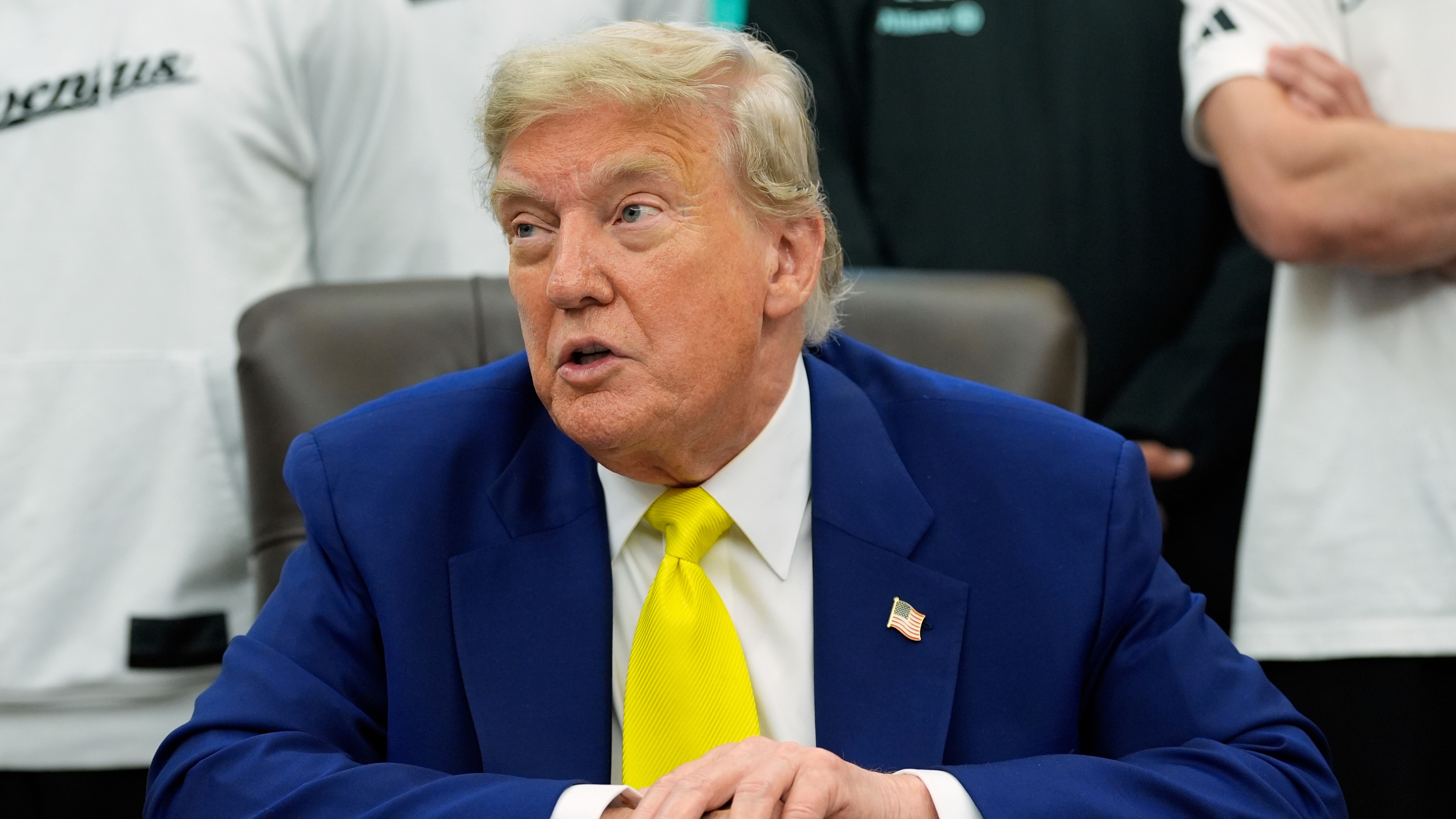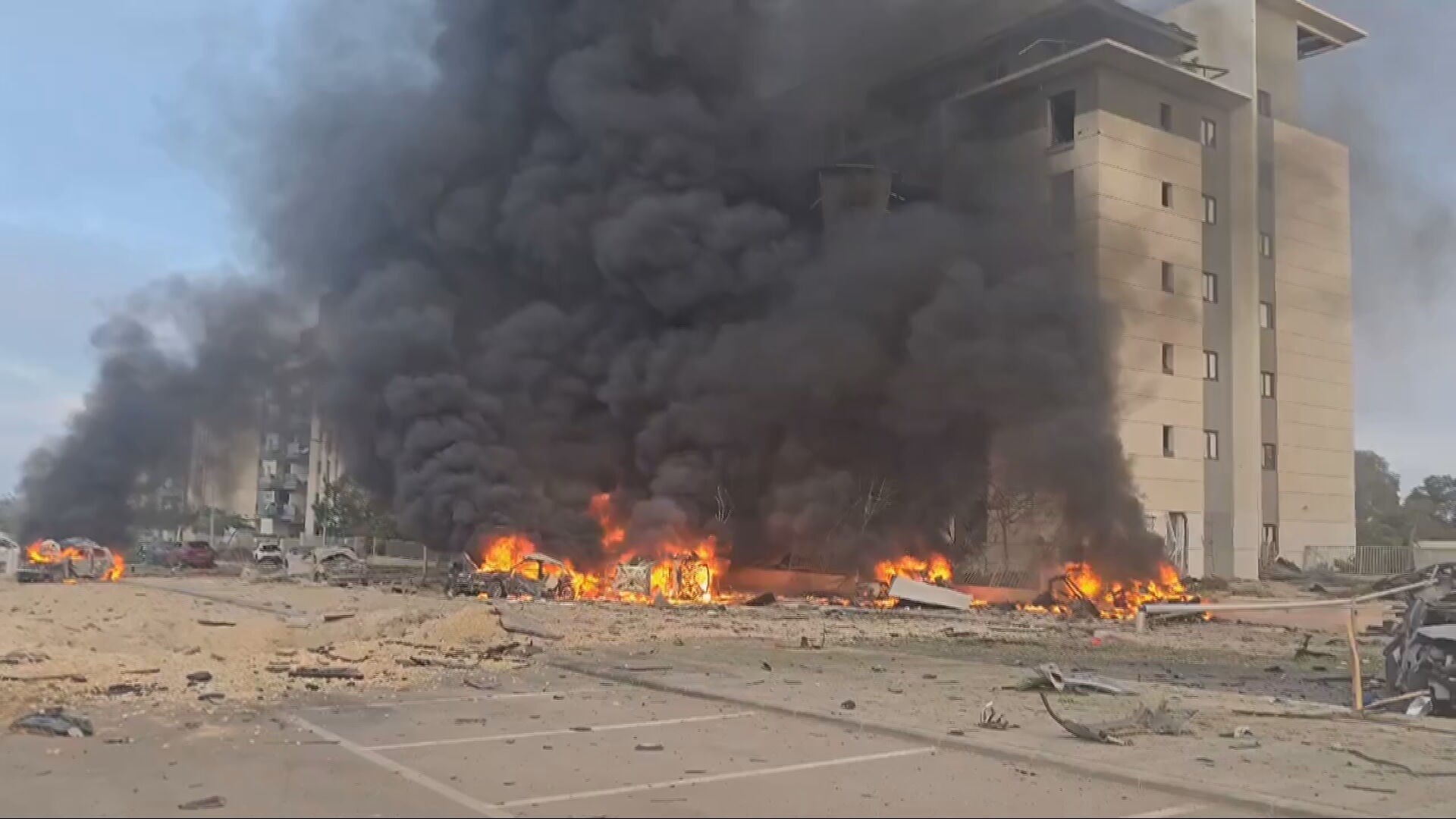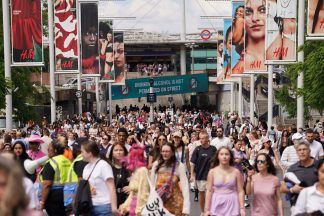The suspect at the centre of Maine’s recent gun massacre had numerous run-ins with authorities and showed signs of committing a mass shooting, it has emerged.
Robert Card, who was found dead on Friday of a self-inflicted gunshot wound, went on a rampage and killed 18 people on October 25, making it the US’ worst mass shooting this year.
Details are now coming to light as police try to piece together Card’s motive.
He underwent a mental health evaluation last summer after he began acting erratically at an Army training facility in New York, officials said.
A bulletin sent to police shortly after last week’s attack said Card had been committed to a mental health facility for two weeks after “hearing voices and threats to shoot up” the military base.
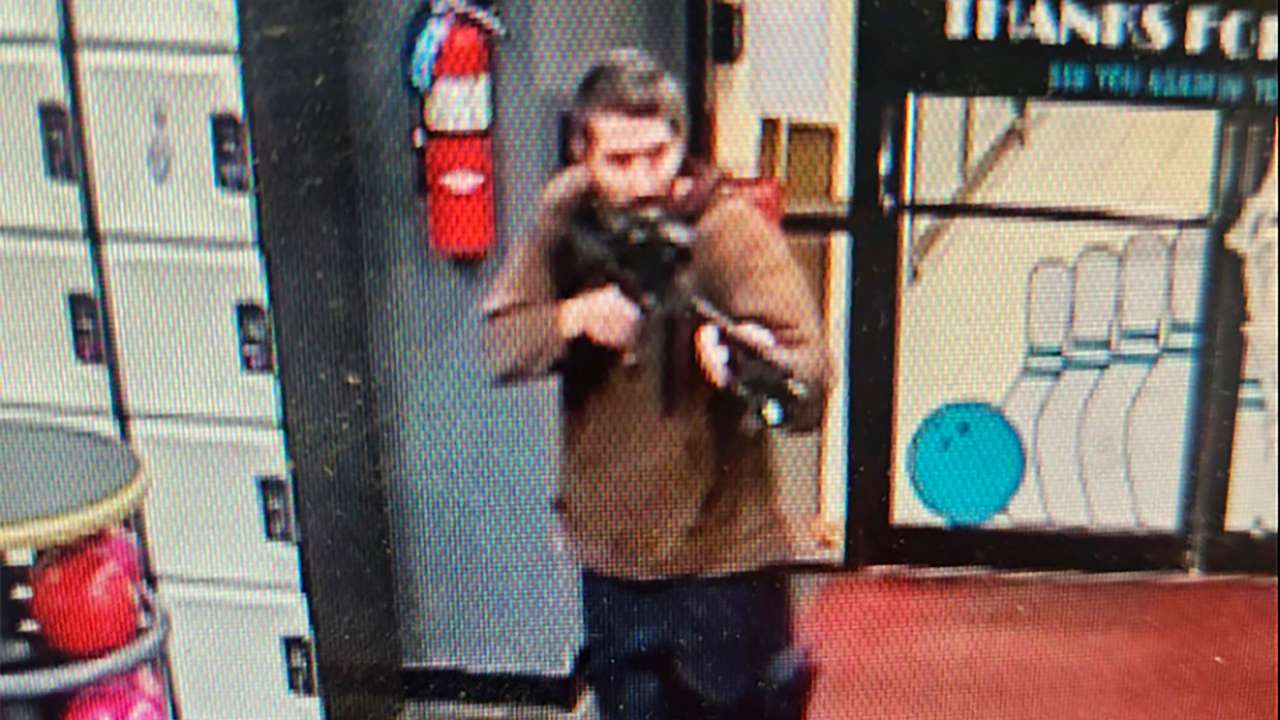
At a news conference last week, police said there was no evidence that the 40-year-old Card – who was also a firearms instructor – had ever been involuntarily committed to a mental health facility, which could have made it illegal for him to possess guns.
But family members of Card told federal investigators that he had recently discussed hearing voices and became more focused on the bowling alley and bar where the shootings took place.
A firearms store owner in Maine, Rick LaChapelle, told The New York Times and ABC News that he turned away Card just months before the mass shooting.
He said Card had entered his shop on August 5 to pick up a silencer he had bought online.
On a form, Card was asked: “Have you ever been committed to a mental institution?” and answered yes, before he was then told he was not eligible to collect the silencer because of the answers on the form.
Police across Maine were alerted just last month to the “veiled threats” by the US Army reservist.
Two local law enforcement chiefs said a statewide awareness alert was sent in mid-September to be on the lookout for Card after he made threats against his base and fellow soldiers.
But ultimately, after a visit to Card’s home, police moved on.
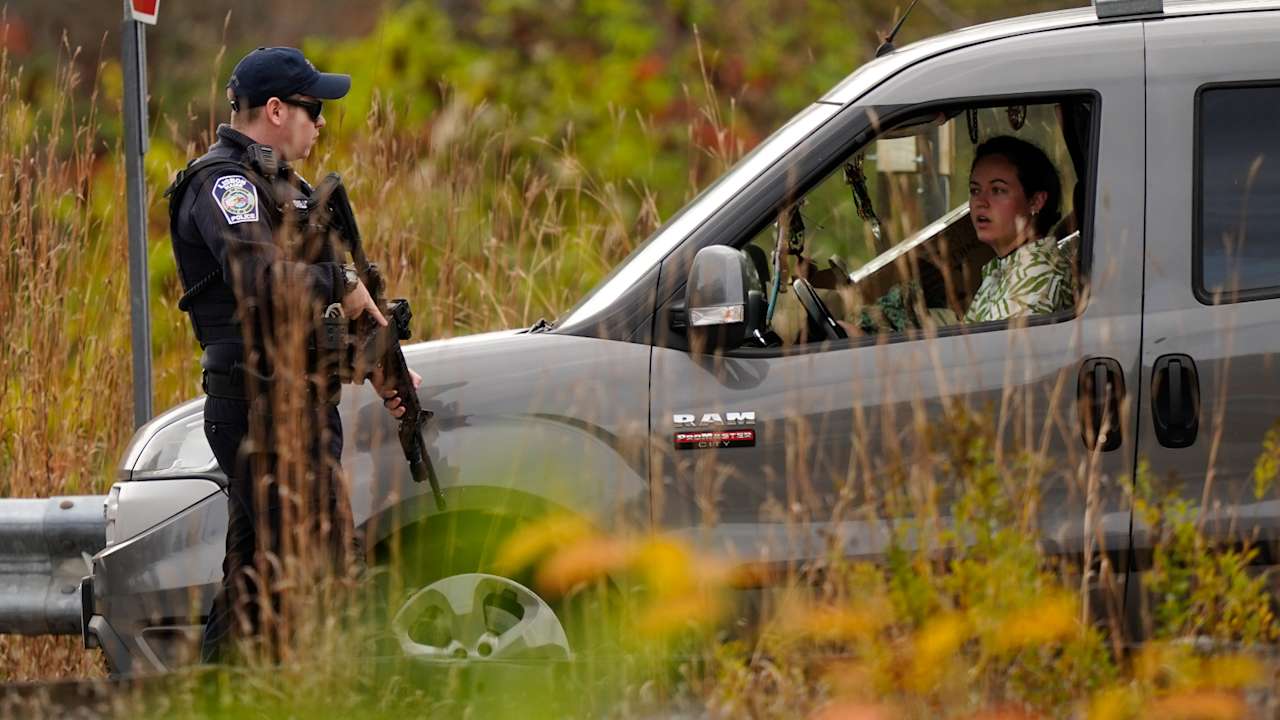
Card’s body was found on Friday in a trailer at a recycling center. He died of an apparent self-inflicted gunshot wound though it was unclear when, authorities said.
Investigators are still searching for a motive for the massacre, but have increasingly focused on Card’s mental health history.
State Department of Public Safety Commissioner Michael Sauschuck has said Card believed “people were talking about him and there may even have been some voices at play.”
Residents of Lewiston returned to work on Monday, the morning after coming together to mourn those lost.
More than 1,000 people attended Basilica of Saints Peter and Paul for a vigil in Lewiston.
Follow STV News on WhatsApp
Scan the QR code on your mobile device for all the latest news from around the country


